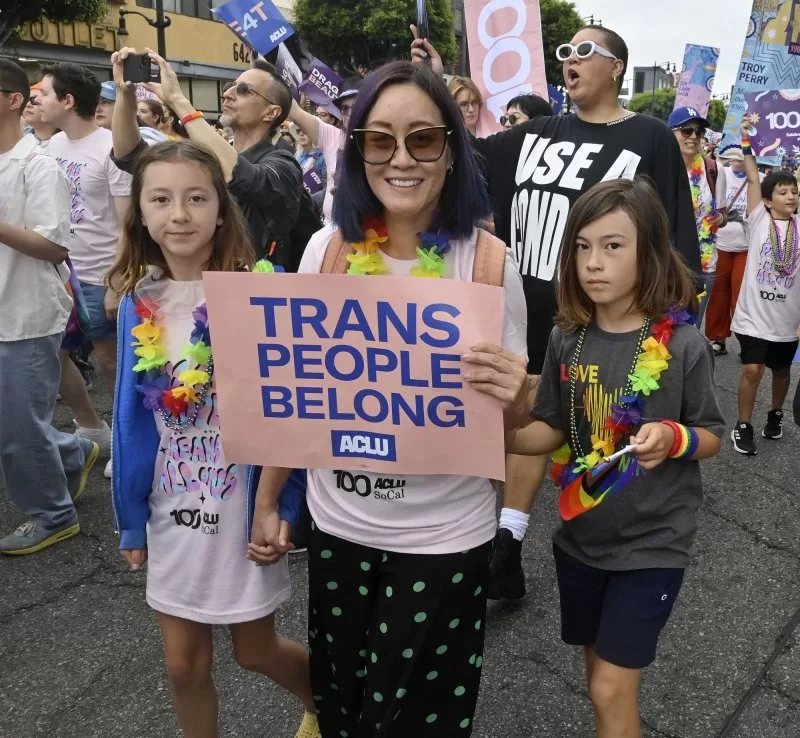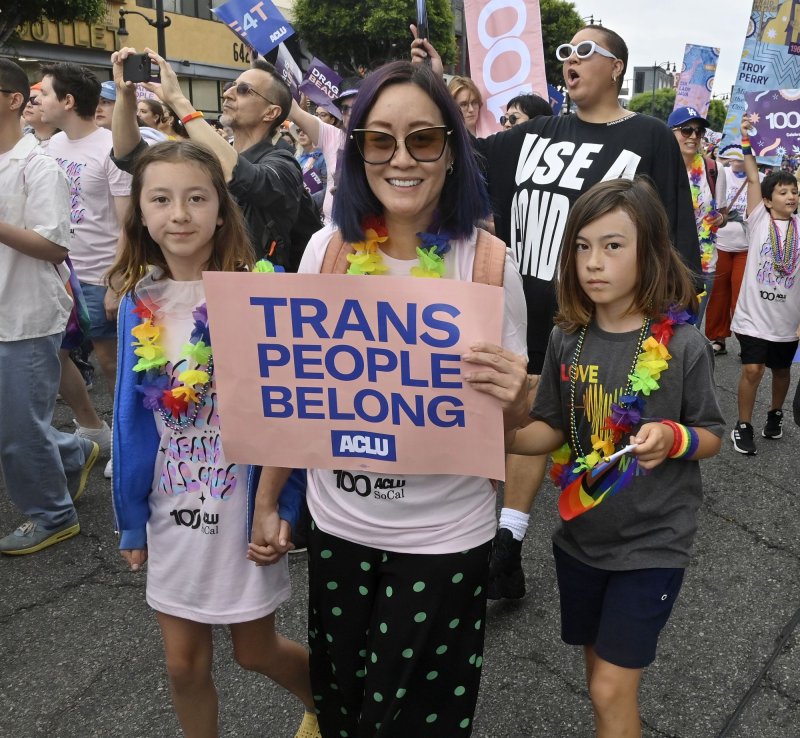A Florida court on Monday reversed a lower court’s hold on a controversial law to ban minors from gender-affirming medical care in the state. File Photo by Jim Ruymen/UPI |
License PhotoAug. 27 (UPI) — A divided federal appeals court has stayed a lower court’s decision to block enforcement of Florida’s ban on gender-affirming care for minors.
The ruling, which came down Monday, paves the way for the controversial prohibition to go into effect, barring those under the age of 18 from receiving sex-reassignment prescriptions, including puberty blockers, with an exception in place for minors who are already undergoing the therapy.
A Republican-led effort nationwide has over the last few years sought to ban gender-affirming care for minors despite every major medical association, including the American Medical Association, endorsing it.
Amid this push, the GOP-led Florida legislature enacted a law in May 2023 to ban minors’ access to such pharmaceutical care, as well as putting further restrictions on adult patients. The law was then met by a lawsuit brought against the state by two minors and an adult on behalf of the transgender community.
In June, a federal judge sided with the transgender community, ruling that the law was discriminatory and unconstitutional.
However, the three-judge panel of the 11th Circuit Court of Appeals ruled 2-1 Monday to reverse that ruling on the grounds that the district court was likely wrong to conclude that the law was based on “invidious discrimination” against transgender residents by state legislators and that the state will be harmed by not being able to enforce the law.
“As to harm to others, even with the law in effect, physicians may continue to prescribe and administer puberty blockers and hormones to adults. And minors who were already receiving them may continue to do so,” Circuit Judges Britt Grant and Robert Luck, both former President Donald Trump appointees, wrote in the majority ruling.
In dissent, Circuit Judge Charles Wilson, a former President Bill Clinton appointee, argued that the district court had identified “sufficient record evidence” to support the conclusion that the law was passed on invidious discrimination against transgender adults and minors.
“Gender-affirming care and identifying as transgender were referred to or described at various points as ‘evil,'” Wilson wrote. “One sponsor, in reference to individuals leaving the state of Florida because of the bill’s passage tweeted, ‘good riddance.’ … Other sponsors made statements reflecting a lack of belief in transgender identities and a desire to prevent transgender persons from living in their transgender identities.”
He continued that Florida Gov. Ron DeSantis and the state’s surgeon general, Joseph Ladapo, made similar remarks, while another legislator called transgender individuals “mutants,” “demons” and “imps.”
Wilson added that withholding access to gender-affirming care would cause “needless suffering,” while denying the stay “would support a ruling grounded in the public interest.
“This matter is a medical issue, where patients are best left to make decisions alongside health professionals, with access to complete, unbiased information, as needed,” he said.
Those representing the plaintiffs in the case said following the ruling that they are considering their options but will make every effort possible to protect their clients’ “right to equal treatment under Florida’s laws, which these restrictions egregiously violated.”
“Allowing these discriminatory restrictions to go back into effect will deny transgender adults and adolescents lifesaving care, and prevent Florida parents from making medical decisions that are right for their children,” the organizations, including the GLBTQ Legal Advocates & Defenders, Human Rights Campaign and others, said in a statement.
“We will continue fighting for transgender Floridians and their families, and for everyone’s right to make healthcare decisions without government interference.”
According to the Movement Advancement Project, 24 states have banned minors from gender-affirming care, though some of the prohibitions may have been blocked, temporarily blocked or not yet in effect.
The UCLA’s Williams Institute estimates that there are about 16,200 people between the ages of 13 and 17 in Florida who identify as transgender.

